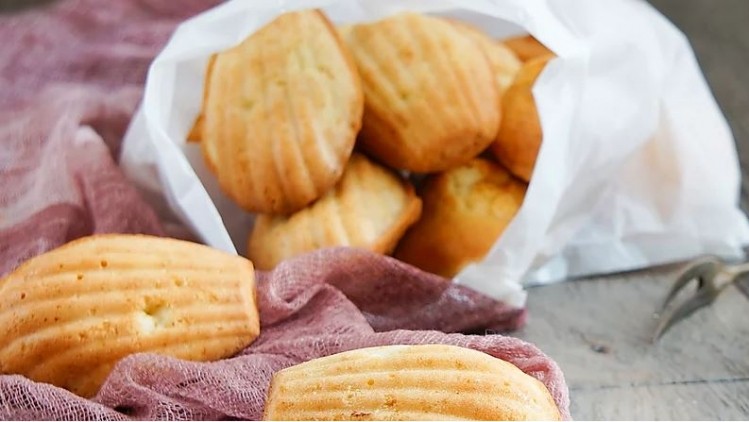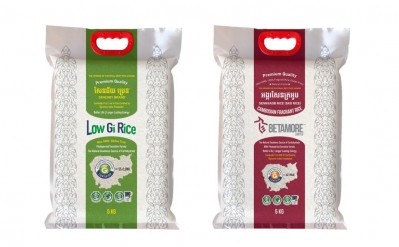War against diabetes: Singapore company launches low-GI kueh lapis with plans for APAC distribution

The firm’s current line-up consists of low-GI premixes for soy pudding and kueh bahulu (sponge cake) where consumers can add water and prepare it themselves, as well as ready to eat madeleines.
In 2014, there were 440,000 Singaporeans with diabetes, with the figure expected to raise to a whopping one million by 2050.
With about 11% of the population with diabetes, intervention for this population usually consist of eating healthily, maintaining healthy weight and engaging in physical activity, according to Singapore’s Ministry of Health.
The co-founder of Nuvojoy, Lau Kum Yee added: “Diabetes and weight management groups are advised to reduce their consumption of desserts and snacks that are high in carbohydrates (usually high in GI as well).”
Lowest GI desserts
While traditional Asian desserts are loaded with carbohydrates and sugar, and thus considered high-GI, Nuvojoy wants to offer a healthier version containing prebiotic fibres, to avoid drastically increasing blood sugar level.
The new premix for kueh lapis has a glycaemic index (GI) of 29. The soy pudding premix and kueh bahulu premix have a GI of around 32 and 34 respectively.
Lau told NutraIngredients-Asia: “Instead of depriving them from their favourite food, we would like to create a version for them to enjoy.”
GI indicates how rapidly the body digests a particular type of food and converts it into blood sugar (glucose). Foods with high GI values contain rapidly digested carbohydrates which produce large and rapid increases (spikes) in our levels of blood glucose.
Lower-GI foods (less than 55) are digested and absorbed more slowly, resulting in a lower and slower increase in blood sugar levels.
Research has proven that a healthy low-GI diet can help to manage our blood glucose levels, reduce blood cholesterol levels, maintain a healthy weight, improve heart health, provide sustainable energy and improved mental performance.
Lau said it was initially difficult to maintain the flavour and sweetness of its low GI products.
However, instead of using sucrose or starches or flours that are high in GI value in these traditional recipes, the firm used lower GI sweeteners like palatinose, allulose, inulin or sugar alcohols.
They also used low GI legumes and grains such as soybeans, green beans, oat, and barley.
For all
Nuvojoy launched its soy pudding classic premix in 2018 and is now seeing interest grow for its ‘no refined sugar’ as well as the vegan versions.
“Based on consumer feedback, we have since launched the no refined sugar soy pudding premix which we replace sucrose in the classic formulation with low GI value sweeteners as well as the vegan soy pudding which we removed the milk powder,” Lau added,
While the products can be consumed by diabetes, Lau said they were also suitable for consumers on the low carbohydrate diet, as well as health-conscious individuals.
All the firm’s products are manufactured in Singapore and available via physical stores (Mahota, Prime Food & Grocer), Ng Teng Fong General Hospital's pharmacies, their online store, as well as Fitlion, Dr Mana, Grabfood, and FoodPanda.
Lau told us the firm is planning to expand its sales channels to include Redmart and Deliveroo.
Expansion plans
Apart from its presence in Singapore, there are plans to distribute in Australia, China and Indonesia to target the large diabetic population.
According to the International Diabetes Federation, China is the top country globally with the highest number of people with diabetes, at 98 million in 2013. India is ranked second (65 million), Indonesia at seventh (8.5 million), and Japan at 10th (7 million).
















